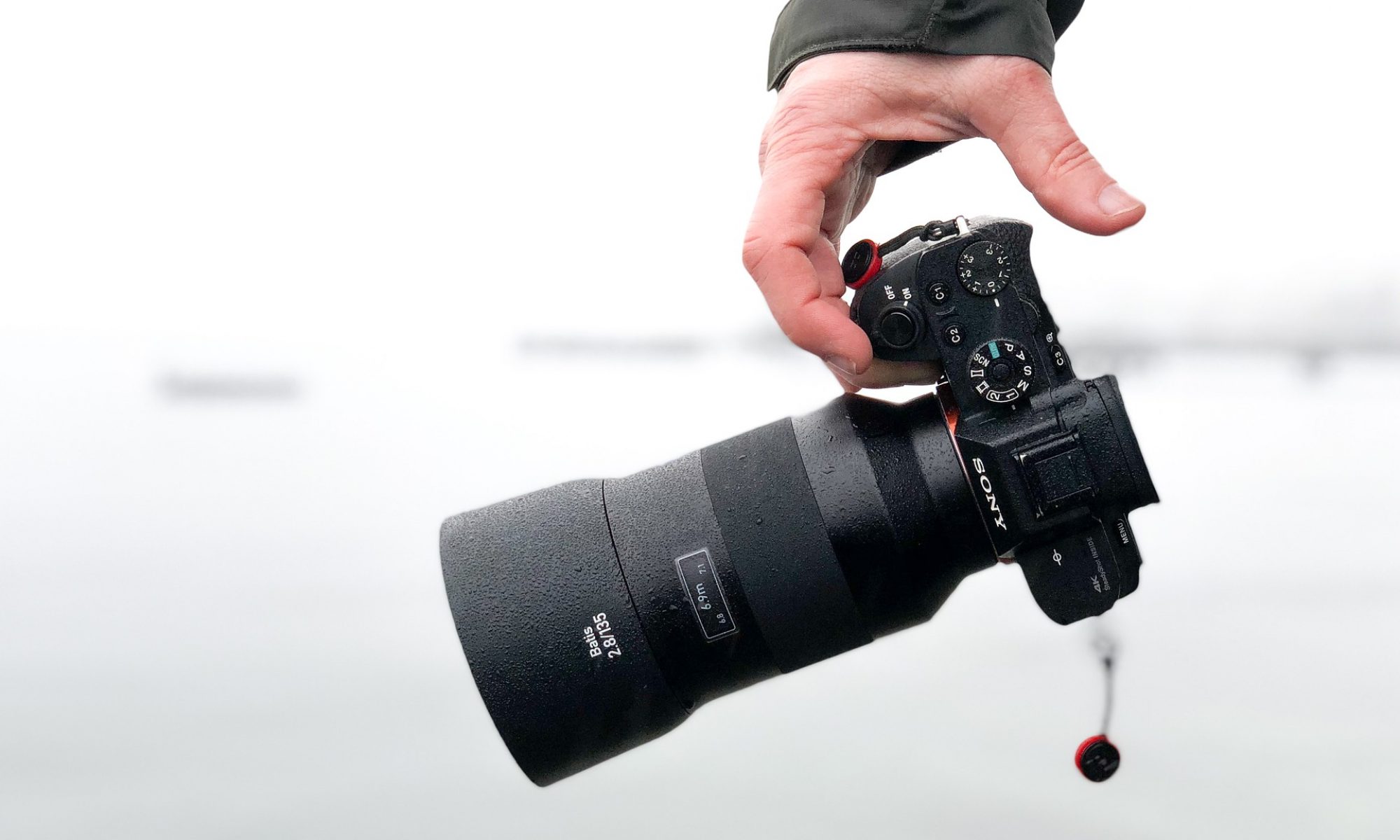In today’s fast-paced world, academic qualifications can open doors to career advancement and personal growth. With the increasing demand for degrees and certifications, a black market has emerged—offering fake diplomas to those seeking shortcuts. To understand the risks and implications, it’s essential to look closely at fake diploma reviews and what they reveal about this growing underground industry.

Fake diploma reviews can be found across various forums, social media platforms, and websites. These reviews often offer a mixed perspective: while some users claim satisfaction with the product’s appearance and delivery speed, others warn of scams, poor quality, or legal trouble. The reviews provide a glimpse into the minds of both satisfied customers and disgruntled victims, making it crucial to approach them with a critical eye.
One of the most common themes in fake diploma reviews is the quality of the documents received. Buyers frequently discuss how authentic the diplomas appear, comparing them to real academic certificates. Some even share side-by-side images to highlight similarities in fonts, seals, and paper texture. However, many reviews reveal that upon closer inspection, these diplomas fail to pass basic verification checks by employers or institutions, raising serious concerns.
Beyond quality, fake diploma reviews also shed light on customer service experiences. Several users complain about unresponsive sellers, delayed deliveries, or receiving the wrong degree altogether. On the flip side, a portion of reviewers praise fast responses and discreet shipping. This inconsistency makes it difficult to identify trustworthy vendors, and reinforces the idea that purchasing such documents is a gamble.
The legality of using forged academic documents is another point often raised in fake diploma reviews. While some buyers believe they can use these diplomas for “novelty purposes” or personal display, others have attempted to use them in professional or academic settings—sometimes with severe consequences. Numerous reviews recount situations where individuals lost jobs, faced criminal charges, or were banned from future employment after being caught using fake credentials.
Interestingly, some fake diploma reviews come from whistleblowers or former sellers who expose the tactics used to attract customers. These insiders often reveal how fake diploma websites use fake testimonials, manipulated images, and false guarantees to lure in buyers. This behind-the-scenes insight helps readers understand the deceptive marketing techniques that surround this shady business.
Fake diploma reviews also vary based on the type of document purchased. High school diplomas, associate degrees, bachelor’s degrees, and even PhDs are all offered on these underground platforms. Reviews show that the more complex the degree, the higher the likelihood of errors—such as incorrect program names or unrealistic graduation dates. This makes it easier for employers to detect fakes during background checks.
In recent years, fake diploma reviews have highlighted an increase in websites claiming to provide “legal” or “verifiable” degrees. These services often promote degrees from so-called diploma mills—unaccredited institutions that issue degrees for a fee without requiring academic work. Although these may seem more legitimate, reviewers often caution that such credentials are rarely accepted by real employers or government bodies.
Some fake diploma reviews explore the psychological motivations behind buying a fake degree. Users admit to feeling inadequate, falling behind peers, or being unable to complete a traditional education due to personal or financial reasons. These reviews humanize the buyers, offering insight into the pressure many face in competitive job markets. However, most also reflect regret and emphasize that the risk is rarely worth the short-term benefit.
One trend seen in fake diploma reviews is the emergence of AI-generated or digitally altered diplomas. Technology has made it easier for forgers to create highly realistic documents that can be emailed or printed at home. While this increases accessibility, reviews suggest that digital diplomas are even more prone to detection and less likely to pass employer screenings.
In response to the growing fake diploma industry, many businesses now conduct thorough background checks, often hiring third-party agencies to verify credentials. Several fake diploma reviews mention how these verification services exposed falsified documents, sometimes years after they were used to secure employment. This shows that even if a fake diploma goes unnoticed initially, it can still surface later and damage reputations.
Reading fake diploma reviews can also help prospective buyers reconsider their options. Many reviewers warn others not to fall for the same trap, urging them to pursue legitimate education instead. These testimonials often serve as cautionary tales, illustrating how a quick fix can lead to long-term consequences, including financial loss and career setbacks.
Ultimately, fake diploma reviews reflect a complex and risky world. They showcase a demand fueled by desperation, but also a market filled with deception, legal risk, and ethical concerns. While some see them as harmless props, the reality is that using fake diplomas can lead to serious repercussions. Whether you’re curious or considering buying one yourself, reading these reviews is a sobering reminder of what’s at stake.
As the conversation around education, equity, and employment continues to evolve, fake diploma reviews play an important role in exposing the underbelly of credential fraud. They act as warnings for would-be buyers, educational institutions, and employers alike. The more we learn from these shared experiences, the better equipped we are to uphold the value of genuine education.
